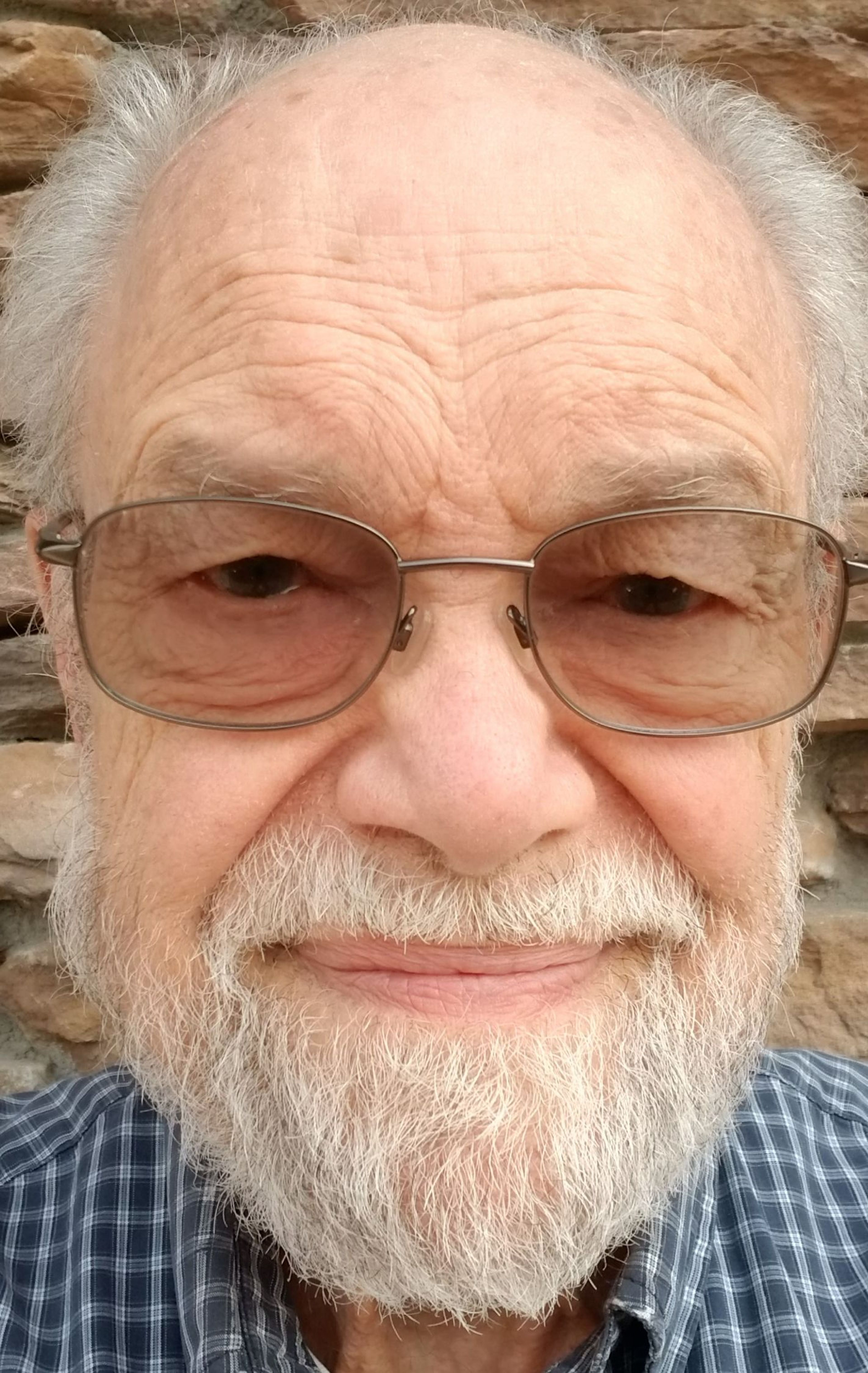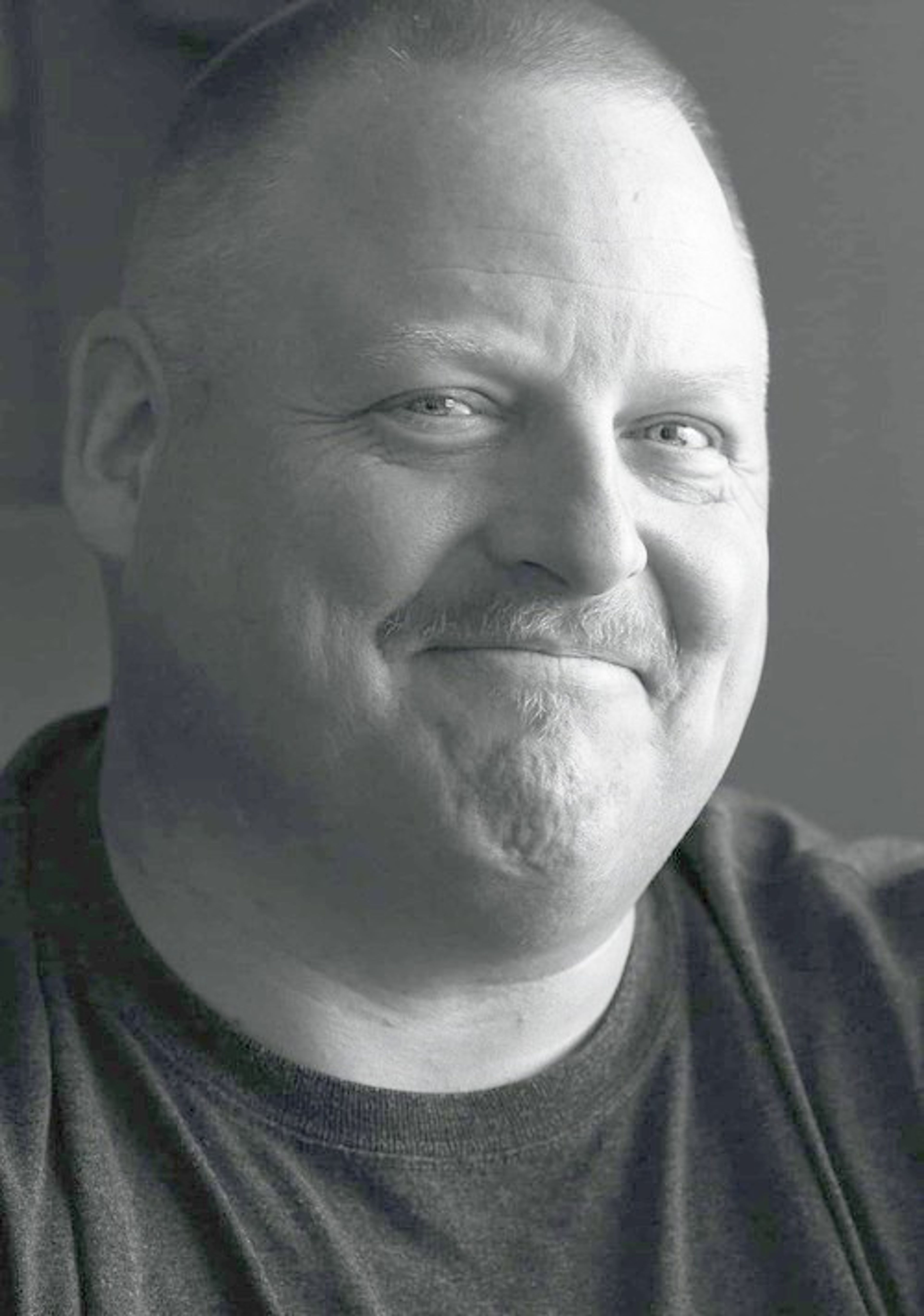I’ve been tracking environmental issues for more than six decades. Yet, centuries before I was born, Malthus warned of exponential growth. Since then, technological optimists have pushed back.
Others heeded Malthus’ warnings. Most economists disregarded Malthus, emphasizing instead “human creativity expressed through markets.”
Markets are the invisible hand, or “unseen forces” moving free-market economies. They’ve elevated health, welfare, and lifestyles of unguessed billions, but often on the backs of others, oppressed billions. Examples abound beyond the slavery of our new nation. It was “conceived in liberty,” which conception we observe each July Fourth, a conception crafted by landed white male slaveholders.
When I was young, “billionaire” was a word rarely heard. Today, Forbes’ “Richest people in the World” is limited to the top 500 billionaires, the richest worth $250 billion. Meanwhile other billions, humans in Africa, Asia, and elsewhere, including pockets of impoverished America, have little or no access to clean water, basic health care, and even, for many, food. The invisible hand has swept them from our consciousness. We don’t care, or even know.
If we know, we shrug: “Yes, but what can I do?” It’s a valid question. Some reading this are marginalized themselves. Those of us higher on the socioeconomic ladder can pay more attention. We can try to help in ways small and larger.
We can look beyond our social circles and recognize other neighborhoods. We can acknowledge Earth as a single country, humankind as our fellow citizens. We’re now sharing changes in what once was stable: our common climate. Those changes are unprecedented. Last Tuesday’s Daily News headlined, “The hottest day on Earth.”
This is not unexpected. We’ve been warned repeatedly. The Intergovernmental Panel on Climate Change formed in 1988. This collaborative scientific institution represents 195 member governments. I was late to climate change, having lived in China during IPCC’s early years. I joined the fray in 2015. Since then, I’ve tried to understand and share this growing threat to global humanity.
But the invisible hand operates unabated. A 1970 New York Times article, “A Friedman Doctrine: The Social Responsibility of Business is to Increase Its Profits,” captures the essence of that invisible hand: “A company has no social responsibility to the public or society; its only responsibility is to its shareholders.” So Earth warms, fueled by greed. The hand ignores environmental and human costs. Of course, these are not shareholders.
In 1856, Eunice Foote was the first to report the warming effect of carbon. Big oil caught up in 1977, when Exxon researchers “warned company executives that carbon dioxide was increasing in the atmosphere and that the burning of fossil fuels was to blame.” Exxon’s bottom line has continued to burgeon, yet the hand’s invisibility cloak may be shredding. “Emperor Oil” has no clothes.
Capitalism produced unprecedented wealth and well-being for much of the world via social and governmental infrastructures requiring little cost to those benefiting most. Well-paid industry lobbyists hobnob with influencers to attain legislative and regulatory advantages, often at the expense of ordinary citizens. Capitalism has unencumbered power for good, evil and everything between.
A classic example is the pesticide industry’s assault on truth and the person who reported it. As New Scientist explained in 2012, “The 50-year-old campaign against Rachel Carson’s book ‘Silent Spring’ still distorts environmental debates.”
Can we counter the forces dragging our planet toward environmental destruction? Can we protect our personal lives against Chief Seattle’s “the end of living and the beginning of survival”? Solutions require cooperation among disparate interests. Our variety of collective insights and expertise attests that none of us is as smart as all of us. How can we capitalize on that?
Drawing on the better angels of our nature, we can alter the direction of the invisible hand. As the hand proceeds, it must include all real costs: human, social, environmental and much more. We can assist others less fortunate, less able to take responsibility for themselves. We can elevate discourse, consult about how that invisible hand might support a society just and equitable for all.
It’s not too late to follow conservationist Aldo Leopold’s advice: “To keep every cog and wheel is the first precaution of intelligent tinkering.” We can tinker intelligently.
Haug and Jolie, his editor and wife of 61 years, chat about these kinds of things regularly. Contact him at petes.pen9@gmail.com. His internet posts are at spokanefavs.com/author/peter-haug








